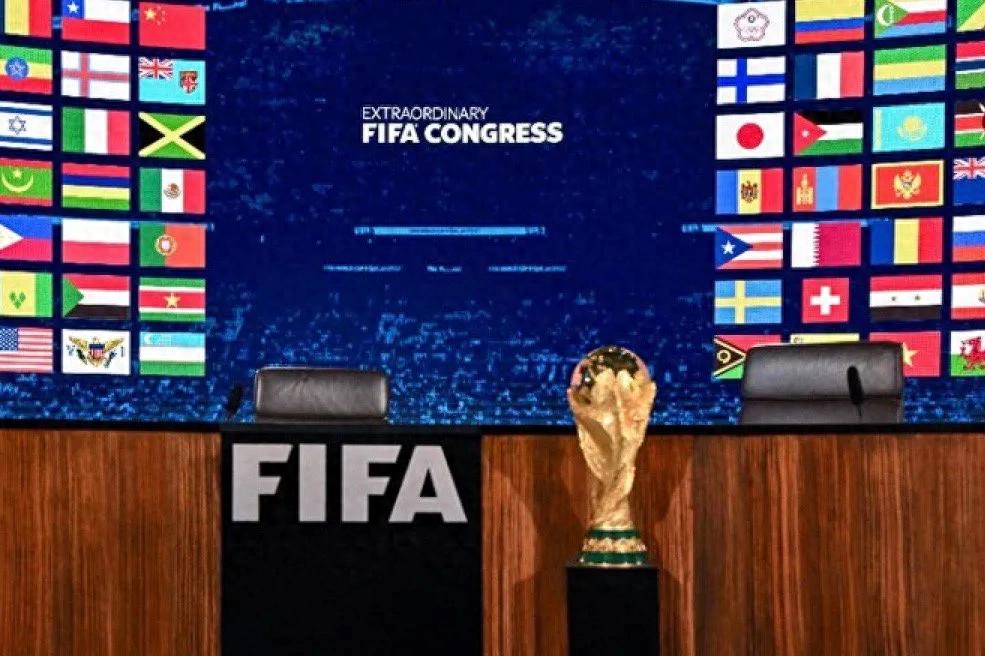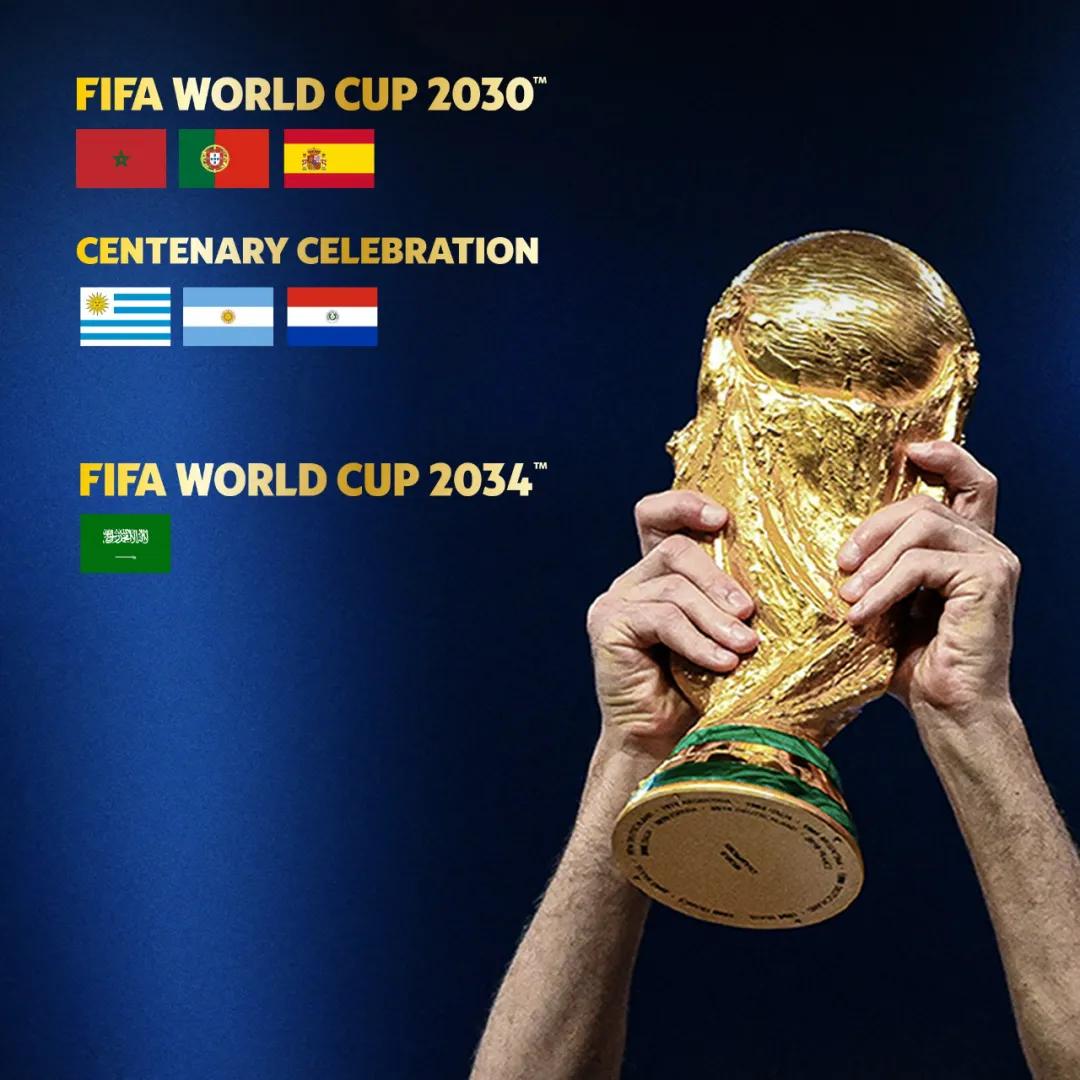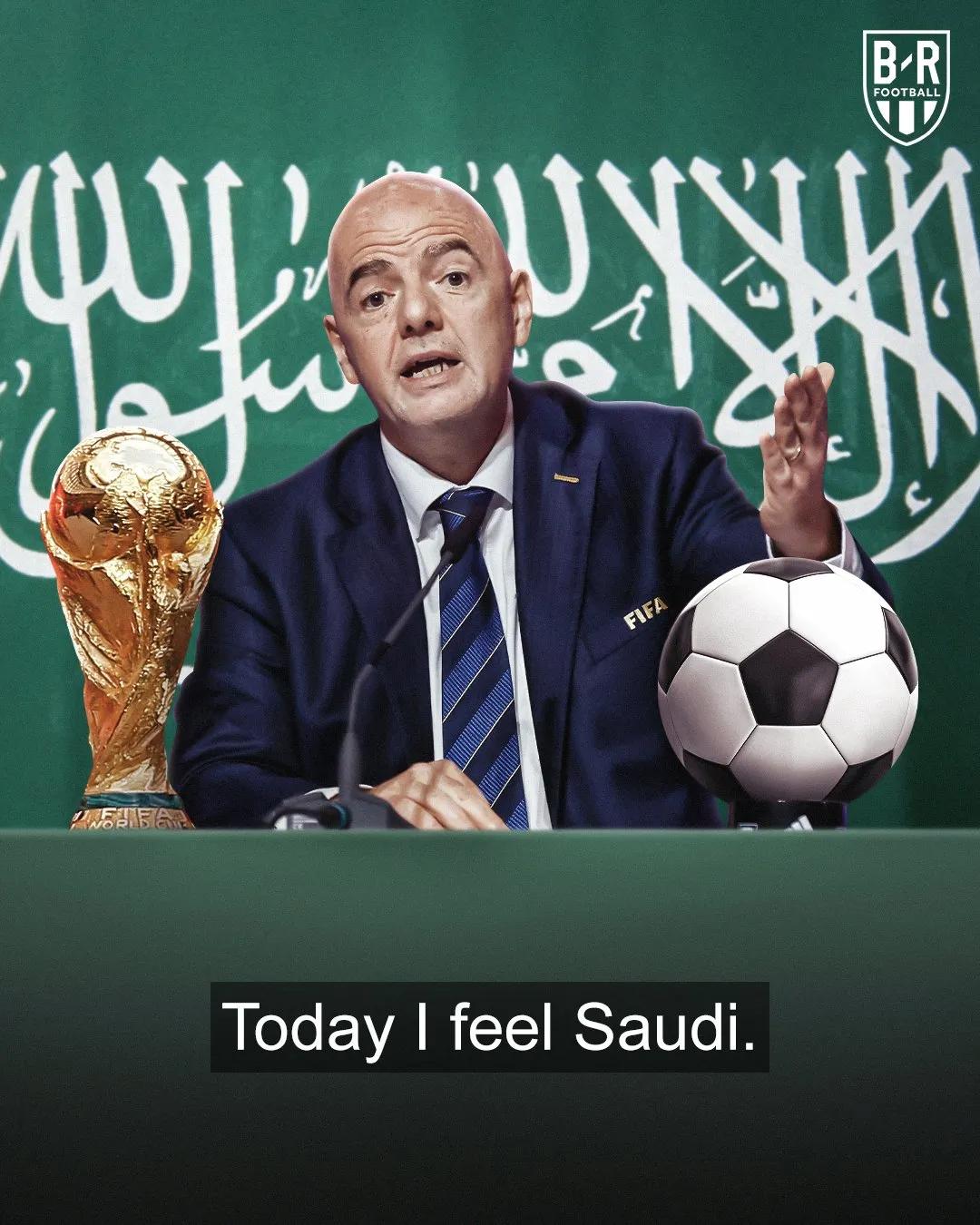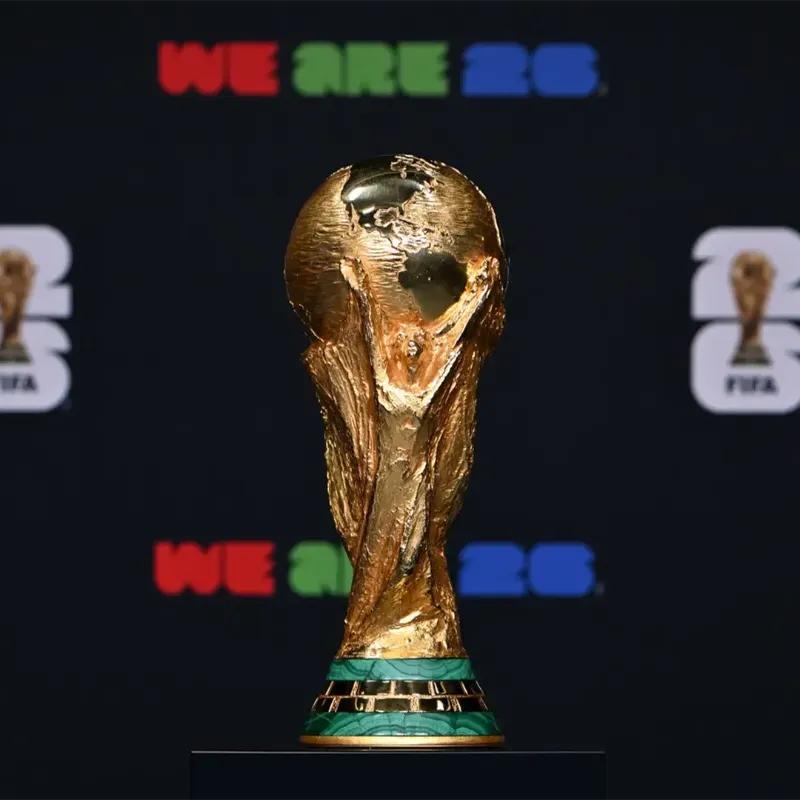When "bidding" becomes "designation", will the World Cup still follow the rotation of all continents?

The reporter reported coldly On December 11, the FIFA Council announced the 2030 and 2034 World Cup hosts, as well as the two consecutive World Cup hosts, with Blatter last serving as FIFA president in December 2010 – handing over the 2018 and 2022 World Cup hosts to Russia and Qatar respectively. Fourteen years later, Infantino followed Blatter's lead and even went one step further to create a cross-continental World Cup. The difference is that the 2030 and 2034 World Cups will end up with only one bidder, and the bidding process is just a formality. The 2030 and 2034 World Cup hosting rights have changed from competitive bidding to de facto designation, which has completely changed the tradition of bidding for the World Cup, and may also put an end to the principle of distribution and rotation of the continents to host the World Cup.
Compared with his predecessor Blatter, Infantino is even more unabashed in the "choice" of the World Cup host.
Blatter had already decided on the hosting rights, but at least the bidding process was followed, with at least four bidders participating in both World Cups and then voting for them. After Infantino expanded the World Cup to 48 teams, it meant that the economic and social costs of hosting the World Cup soared, coupled with the fierce competition between FIFA and UEFA for resources in the world football market, the economic and organizational ability threshold of FIFA's World Series bid has been greatly improved, and the selection mode of the World Cup hosting has undergone fundamental changes.

For the 2030 and 2034 World Cup bids, Infantino completely dominated the changes in the bids. Originally, it was mainly the competition between Argentina-Uruguay-Paraguay and Spain-Portugal, and the Spanish-Portuguese combination with stronger economic strength had obvious advantages, but in order not to hurt the feelings and concepts of the three South American countries "going home for the Centennial World Cup", Infantino turned the two competitors into co-organizers, and also pulled Morocco, which originally represented Africa to bid alone, forming an unprecedented situation of joint hosting on three continents.
After Morocco "entered the game", the Saudi-Egyptian-Greek "Three Civilizations" joint bid disintegrated, and Infantino instructed Saudi Arabia to bid for the 2034 World Cup alone, with the rule that the continent must be at least two years apart to host the World Cup, and the 2034 World Cup can only be bid by Asia and Oceania. Infantino persuaded Australia, which was originally interested in bidding, and the Southeast Asian group was persuaded by the AFC to switch to supporting Saudi Arabia.
In order to prevent complications, Infantino suddenly announced on October 5 last year that the 2034 World Cup bid process would be launched, and the registration deadline would be October 31, shortening the bidding process from the traditional at least one year to less than one month. As a result, with 14 months to go before the 2034 World Cup bid, Saudi Arabia has become the only bidder. So far, under Infantino's rule, the World Cup bid has completed a huge change from bidding to designation. In fact, in addition to the men's World Cup, the expanded Club World Cup and the U17 World Junior Championship bids have changed from competitive bidding to FIFA designation.

The 2030 World Cup is co-hosted by three continents, and although only three matches will be held in the three South American countries, the six participating teams must fly thousands of miles to Spain, Portugal and Morocco to continue the next matches, which is obviously unfair to the teams involved. However, as far as the World Cup bid model is concerned, Infantino's tenure from 2026 to 2034 has hosted three consecutive World Cups on five continents outside Oceania, given that Oceania simply cannot afford to host the 48-team World Cup, which means that the continent hosting cycle of the World Cup has ended. Starting with the 2038 World Cup, there will be a huge question mark over whether the circumvention principle of the continent hosting the World Cup will continue.
Infantino has previously stated that while FIFA has the principle that the same continent must be hosted at least two World Cups apart, he believes it can be flexible. According to the previous principle, the 2038 World Cup will only be hosted by Central and North America and Oceania, and there is no doubt that it will fall to the more economically powerful Central and North America, which has just hosted the World Cup in 2026. Given that the future World Cup hosts will only have to choose between the world's major economies in North America, Europe, the Middle East and the Far East, it means that the principle of rotating the host of the continent in the geographical sense alone is no longer necessary.
During Infantino's tenure, the World Cup has completed the cycle covering five continents in three sessions, and the benefits of China's bid for the World Cup are likely to outweigh the disadvantages.



Wonderfulshortvideo

Nuno Espírito Santo was going THROUGH it in that second half v Man City 😖



"HE'S THE BEST!" 📢🔁



Watching on with pride 🥹🏆



raphinha goal. lamine yamal goal. pedri assist. mbappe goal. mbappe hat trick hattrick



lamine yamal vs real madrid. raphinha goal. lamine yamal goal. pedri assist. mbappe goal. mbappe hat trick hattrick



What could possibly go wrong? 🥵🤣



lamine yamal goal yamal celebration yamal instagram story yamal highlights yamal vs villarreal yamal ballon d’or








 Links
Links
 Contact
Contact
 App
App


